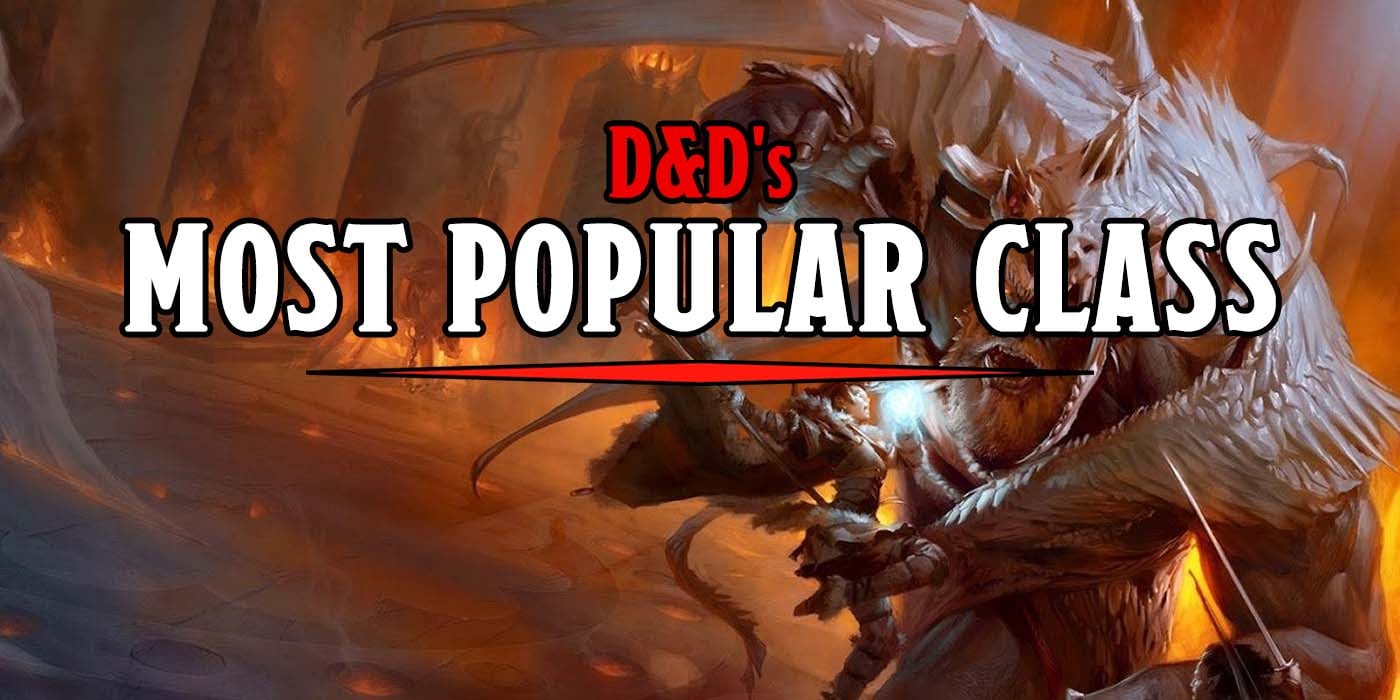Fanaelialae
Legend
Are you a Sith?Only the Sith deal in absolutes.
Sometimes, imbalance can have a negative impact, as with the Twighlight domain. Most of the time, it has no effect, or as with wizards, has a positive effect.
No one is "punished" for anything. Because how much fun you have playing D&D is not tied to how powerful your character is. If it was, everyone would play wizards. The fact that they do not indicates they are having fun playing fighters. They do not feel punished.
The point of a punishment is to deter someone from doing something. If they are not deterred, they do not feel punished.
Claiming that power level isn't tied to fun is an absolute.
Moreover, it's one that I know from my own experiences to be a false claim. I've seen players retire characters that they were enjoying as characters, because they weren't enjoying them from a power-level perspective. Not surprisingly, it only seems to happen to players who play warriors. Also unsurprisingly, they seem to reroll as casters.
This certainly isn't something that happens to every player. I've seen players who've had fun with fighters despite the imbalance. I've also seen players who were unhappy but chose to stick with the character anyway.



